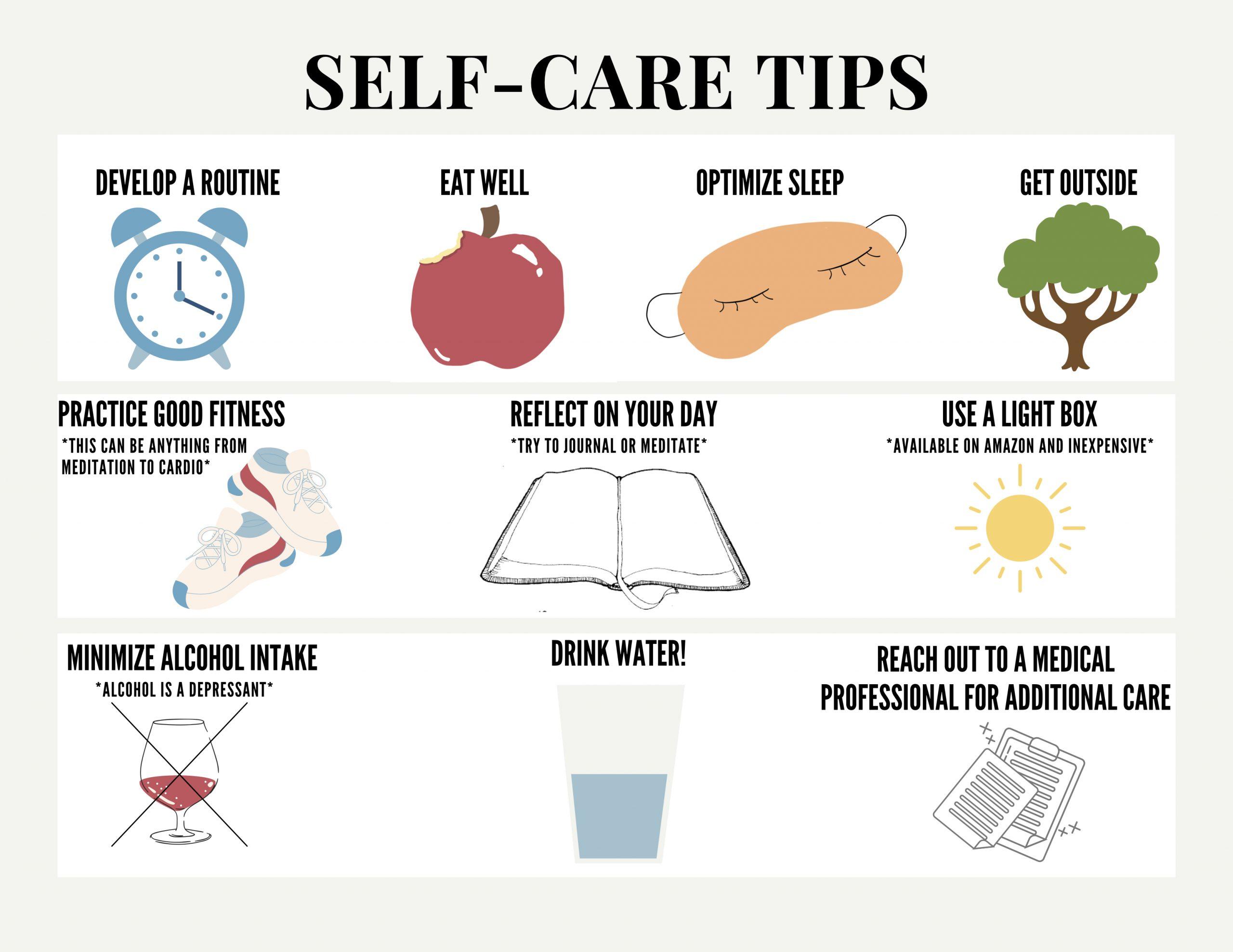Joey Lam ’21 said video chat dinner dates with friends are one of the ways she continued her social life this semester while still abiding by COVID-19 guidelines. However, Lam said her experience creating a new social routine had a “learning curve.”
“Personally, I experience a lot of loneliness living by myself in my apartment and not being able to have the social connection of being on campus and doing things with my friends,” Lam said. “It definitely takes a lot of effort to connect with my friends.”
Greg Nicholls, Ph.D., director of Counseling and Psychological Services (CAPS), said students are increasingly struggling with mental health as this year’s challenges continue, including pandemic-induced stress, depression and more external factors. This year, Nicholls said there has been an uptick in students utilizing CAPS, which is consistent with the current national trend for counseling centers.
“Students are very tired,” Nicholls said. “They feel that they’re missing out quite a bit on the full college experience. Therapists too, we’re more tired.”
Abby Shimanek ’21 said even traveling to campus is less enjoyable than previous semesters.
“We used to see so many people and see so many professors walking around,” Shimanek said. “It was just nice being able to see so many familiar faces. I know a lot of my friends have said, ‘I never go to campus anymore and I miss it.’ When we do go, it’s like you go to class and then you go back home and that’s it.”
Victoria Myers ’22 is learning virtually from home this semester and said the drastic difference compared to her prior college experience has been difficult to adjust to.
“When I think of doing my work, I’m thinking about my different study spots on campus,” Myers said. “I’m thinking about managing my time with different activities and stuff that’s going on on campus. Being home is a very different space.”
Josephine Shih, Ph.D., professor of psychology, said students have to be more strategic in their plans for social interaction this semester.
“People have to recreate some of those social interactions because we do get a lot of positive energy and joy from just very short interactions with people, just waving at people when you pass them on campus,” Shih said. “I think we’re getting less of that now.”
For people who already have seasonal affective disorder (SAD), a subset of depression where people who already experience depression have increased depressive episodes during the fall and winter, the upcoming winter could be especially difficult in terms of maintaining good mental health, according to Shih.
Specifically, Shih said that SAD is mostly influenced by the lack of sunlight.
“We know it’s getting dark at 4:30 in the afternoon now,” Shih said. “That’s difficult for a lot of people, but that is especially true for people with [SAD].”
Dr. Jennifer Reid, psychopharmacologist and psychotherapist associated with Penn Medicine, said using a light box in the morning can help people with SAD.
“We know that light getting back into the retina can really help to both treat seasonal affective disorder and even prevent additional affective disorder,” Reid said “It can really help to normalize your sleep patterns or anxiety levels.”
Reid said that this season could also be difficult for anyone struggling with any mental illness, and even for the general population.
“People that already have a history of depression, in particular, are going to be at higher risk of a recurrence,” Reid said. “We’re going to find that their rates of depression and anxiety in particular are higher even for the general population, which is probably about threefold higher during this time.”
Nicholls said he has provided extra support to students of color since the 2016 election, in recognition of the visibility of levels of police brutality and racial injustice.
“As a Black woman in America right now there’s just so much to process,” Myers said. “When you have that sort of larger fight for your literal life, completing assignments and schoolwork, it just seems so arbitrary to focus on schoolwork and do my part there while also trying to engage in some of those bigger problems, some of those bigger fights that we’re seeing in the world right now.”
With a longer period off campus between semesters this year for some students, Nicholls said CAPS will continue to provide support for students as they head back to their permanent residences.
“We will maintain connections with many of the students that we’re seeing,” Nicholls said. “We’re not going to abandon anyone.”
Shih said planning ahead for this extended break at home is essential for students to maintain their mental health.
“If [someone knows] that being at home for a long period of time is going to be really difficult, then maybe the person wants to think about whether they can create a bubble with friends nearby,” Shih said. “[They] have other support or have places that they can go to rather than being at home all the time.”
Lam also recognizes that, for some students, home is not always the safest environment. Lam said this is something students must consider while supporting their peers during this period of transition.
“My biggest concern is for students feeling that sense of loneliness all over again,” Lam said. “We all need to be mindful that when students are asked to be home, that might not be the best option for them. I remind myself to be extra mindful about how each person has a different kind of circumstance.”
Reid said it is important that everyone leans on their support network, whether that be family or friends.
“We’re going to be weathering [challenges], as a society, in the next few months because we’re all going through it together,” Reid said. “There’s something to be said of finding community and meaning as we go through these difficult times.”














































